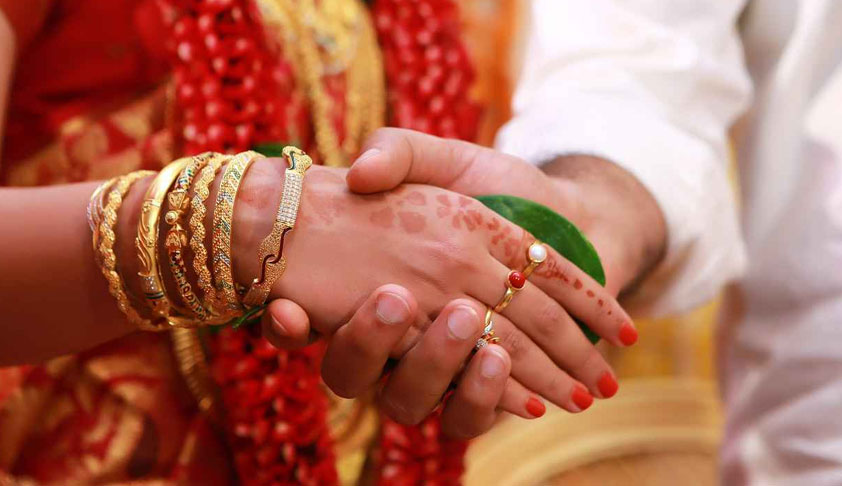Marriage With Minor Need Not Mean Sex With Her: Supreme Court
LIVELAW NEWS NETWORK
5 Sept 2017 9:31 PM IST

Next Story
5 Sept 2017 9:31 PM IST
As the Supreme Court continued to hear counsel on the consequences of striking down the child marriage exception to rape, the two Judge bench of Justices Madan B. Lokur and Deepak Gupta put pointed questions to them on the implications of various options before the bench. Towards the end of today's proceedings, Justice Lokur observed that a minor wife may not take the trouble of voiding...
